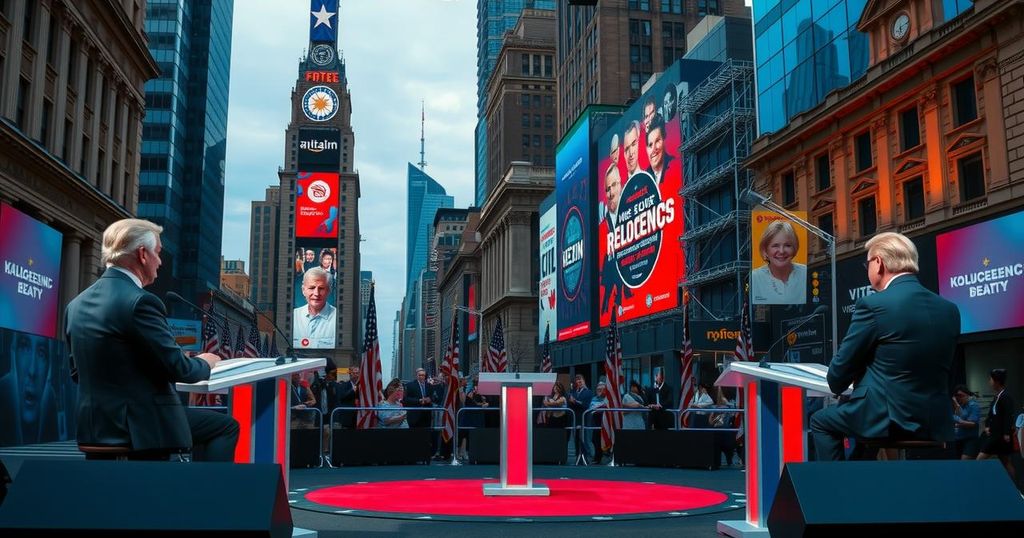Colorado’s Groundbreaking Election Reform Proposal: A Shift Towards Nonpartisan Primaries
Colorado is set to vote on a major electoral reform proposal that would implement a nonpartisan top-four primary system and an instant ranked-choice runoff for general elections, stirring significant debate among state parties and political leaders about its potential implications.
The upcoming 2024 elections may be overshadowed by a pivotal ballot proposal in Colorado that seeks to redefine the state’s electoral system. Colorado is proposing a nonpartisan top-four primary system that would replace traditional partisan primaries, alongside an instant ranked-choice runoff for general elections. While proponents argue that this shift could enhance voter participation and attract serious candidates, detractors voice concerns regarding potential chaos and the influence of dark money in politics. \n\nColorado’s electoral reform is part of a broader movement, with seven states, including Nevada and Arizona, exploring similar changes in their election processes. These proposals aim to address voter dissatisfaction with the current system, although reactions vary widely. In contrast, Alaska will revisit its own novel open primary and ranked-choice voting structure this fall. \n\nThe Colorado initiative faces opposition from both state parties, alongside sentiments from certain political figures. Democratic Senator Michael Bennet expressed his reservations, stating, “In the time that I’ve represented Colorado, I’ve never had a single person, not one person, come up to me and say this is the way we should change our system.” Conversely, fellow Senator John Hickenlooper supports the proposal, believing it to be a beneficial change for voter engagement. Some Republicans, like former Congressman Ken Buck, view it as a potential pathway for greater competitiveness within a predominantly Democratic state. \n\nAs Colorado and Nevada consider these significant voting changes, their implementation could influence upcoming elections as early as 2026. The implications of these modifications for the parties and their candidates remain uncertain, especially given Colorado’s diverse electorate. Notably, the involvement of major donors—such as Chevron and the Colorado Chamber of Commerce—in supporting the proposal raises concerns over amplifying financial influence in politics. Bennet articulated his disapproval, remarking, “These guys are just imposing, basically, their game theory on the American election system; that’s wrong. What they are doing is undemocratic.” The proposed changes highlight profound tensions between enhancing electoral participation and mitigating the effects of money in politics, which could lead to unanticipated consequences. Ultimately, as states grapple with these reform proposals, the landscape of American elections may witness substantial alterations that could reshape future political contests.
The Colorado proposal to transition to a nonpartisan primary system signifies a significant shift away from traditional partisan voting processes. As a response to growing voter frustration with political parties’ influence, this initiative reflects broader electoral reform trends across several states. The discussion surrounding these changes encompasses a diverse range of opinions and highlights the potential risks and rewards associated with altering established political frameworks. Colorado’s voting reform is especially notable given its emergence as a former battleground state, and its implications could resonate throughout the country as more states consider similar modifications.
In summary, Colorado’s potential move to a nonpartisan top-four primary system illustrates a critical moment in electoral reform, raising important questions about voter engagement, party control, and the role of money in politics. While some political figures advocate for this change as a pathway to revitalizing democracy, others caution against the unpredictable ramifications that such a shift may entail. As the discussion unfolds, Colorado’s decision may not only impact its own elections but may also set a precedent for electoral practices across the nation.
Original Source: www.semafor.com




Post Comment